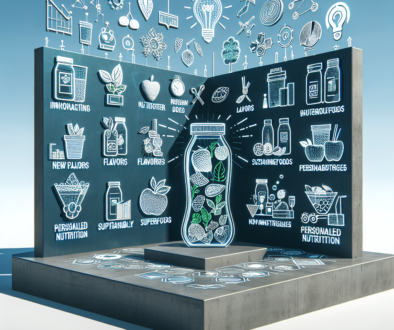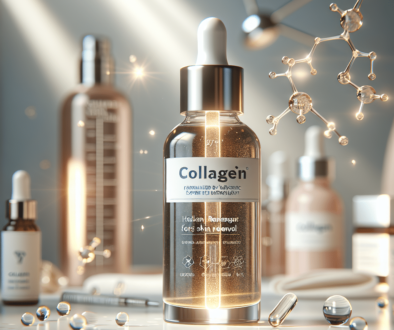Adsorption Behavior Of Collagen On The Spin-Coated Pla Surface Study On The Adsorption Of Collagen On The Surface Of Polylactic Acid Spin-Coated Film
Keywords
Adsorption,Quartz Crystal Microbalance,Collagen,Poly(Lactic Acid) Adsorption,Quartz Crystal Microbalance,Collagen,Poly(Lactic Acid)
Abstract
The adsorption of collagen on the surface of polylactic acid spin-coated film was studied using quartz crystal microbalance (QCM) and atomic force microscope (AFM), and the effects of solution concentration (0~9.25 ¦Ìg/mL) and temperature (10~50¡ãC) on collagen adsorption were investigated. The experimental results show that as the collagen concentration increases, the adsorption amount and initial adsorption rate of collagen on the polylactic acid surface increase accordingly. The Langmuir model and the Freundlich model are used to fit the experimental data to obtain the adsorption isotherm equations, respectively q= 1169 (0.99c/1+0.99c) and q=610c (1/3.79). The experimental results show that the Langmuir model fitting effect is better than the Freundlich model. Lagergren¡¯s pseudo-first-order adsorption rate equation and Lagergren¡¯s pseudo-second-order rate equation are used to simulate Combined with the adsorption kinetic data at different concentrations. The fitting effect of the Lagergren pseudo-first-order rate equation is better at low concentrations, and the fitting effect of the Lagergren pseudo-second-order rate equation is better at high concentrations, indicating that the diffusion process at low concentrations is The rate-controlling step of collagen adsorption. The interaction between collagen and the surface of polylactic acid at high concentrations is the rate-controlling step of adsorption. Atomic force microscopy shows that the collagen adsorbed on the surface of polylactic acid forms a network structure. The adsorption of collagen is significantly affected by temperature, indicating that Collagen is a substance that is very sensitive to temperature. The experimental results show that with the increase of temperature, the adsorption amount of collagen gradually decreases in the range of 10~40¡æ, and decreases sharply in the range of 40~45¡æ. 40¡æ is the optimal temperature in this experiment. The denaturation temperature of collagen under the conditions.
For further information of this article and research, feel free to contact our team for asssitance.
Original research was done by HU Anzhen, SHI Jibin, RONG Zongming, XUE Ping, GONG Feirong, CHENG Shujun, Huan Zhen, Shi Jibin, Rong Zongming, Xue Ping, Gong Feirong, Cheng Shujun
About ETChem
ETChem, a reputable Chinese Collagen factory manufacturer and supplier, is renowned for producing, stocking, exporting, and delivering the highest quality collagens. They include marine collagen, fish collagen, bovine collagen, chicken collagen, type I collagen, type II collagen and type III collagen etc. Their offerings, characterized by a neutral taste, and instant solubility attributes, cater to a diverse range of industries. They serve nutraceutical, pharmaceutical, cosmeceutical, veterinary, as well as food and beverage finished product distributors, traders, and manufacturers across Europe, USA, Canada, Australia, Thailand, Japan, Korea, Brazil, and Chile, among others.
ETChem specialization includes exporting and delivering tailor-made collagen powder and finished collagen nutritional supplements. Their extensive product range covers sectors like Food and Beverage, Sports Nutrition, Weight Management, Dietary Supplements, Health and Wellness Products, ensuring comprehensive solutions to meet all your protein needs.
As a trusted company by leading global food and beverage brands and Fortune 500 companies, ETChem reinforces China’s reputation in the global arena. For more information or to sample their products, please contact them and email karen(at)et-chem.com today.



